Advancing Operational Excellence in the Food Industry
Introduction
This white paper aims to explore the challenges and opportunities for operational excellence within the food industry, using insights derived from a recent operational due diligence report conducted by Delta Driver. While the specific company names and identities have been anonymized for confidentiality, the findings presented herein offer valuable lessons for industry stakeholders.
Executive Summary
In the competitive landscape of the food industry, operational effectiveness is paramount. This white paper delves into the inherent challenges identified in the due diligence report, providing an overview of the current impact and offering an economic outlook with estimated financial implications. Additionally, potential corrective measures are discussed, aligning with the capabilities of a consulting entity like Delta Driver.
Current Challenges and Impact
The case study centers on a food manufacturing enterprise. Despite commendable sales figures, the company faces critical challenges in operational effectiveness, particularly in the realms of food safety, quality assurance, and supply chain management.
Food Safety and Quality
One of the notable concerns highlighted in the report revolves around food safety. Elevated levels of positive swabs for Salmonella indicate a persistent issue, with FDA inspections revealing areas of weakness in the company's food safety programs. The impact of these challenges extends beyond regulatory compliance, affecting consumer trust and potentially leading to financial repercussions.
Estimated Economic Impact: $X to $Y million annually – Catastrophic estimate
Implementing robust food safety measures, improving sanitation practices, enhancing inventory tracking, and increasing process controls are recommended strategies to mitigate these issues.
Manufacturing and Capacity Assessment
The manufacturing processes, as assessed in the due diligence, showcase a complex interdependence between facilities. Plant layouts, while detailed in the report, exhibit complex flow patterns resulting from years of expansions. The wastewater treatment plant may require investment, estimated between $700,000 and $1 million.
Estimated Economic Impact: Infrastructure Investment $700k to $1M
Although the equipment's general condition is deemed acceptable, opportunities for improvement in inventory management, continuous improvement, and visual inspection are identified.
SIOP (Sales, Inventory, and Operations Planning)
Stable demand patterns for 75% of sales present an opportunity for improved scheduling and reduced overall inventory levels. However, challenges in managing raw material purchases during seasonal fluctuations and declining inventory turns indicate a need for formalized SIOP procedures.
Estimated Economic Impact: Cash Improvement Potential
Implementing formalized SIOP procedures could lead to significant cash improvement by streamlining production and inventory management.
Supply Chain Management
The report emphasizes the need for strategic enhancements in raw material procurement and commodity sales. While the current supply chain structure is functional, optimizing opportunistic buys during favorable market conditions could further enhance cost-effectiveness.
Estimated Economic Impact: Cost Savings on Opportunistic Buys
Strategic procurement practices may result in cost savings, positively impacting the bottom line.
Recommendations and Corrective Measures
Delta Driver, drawing on its vast experience and expertise, suggests several corrective measures aligned with the identified challenges:
Leadership and Organizational Restructuring:
Introduce an outside key operations leader to streamline practices and clarify organizational responsibilities.
Enhance the management team's expertise by incorporating external talent while retaining the knowledge and energy of existing key members.
Food Safety and Quality Assurance:
Appoint a knowledgeable Quality Assurance and Food Safety leader at the corporate level.
Improve sanitation practices, inventory tracking, and process controls.
Manufacturing Process Optimization:
Conduct further investigation into the wastewater treatment plant's capacity.
Address identified areas of improvement in inventory management, continuous improvement, and visual inspection.
SIOP Implementation:
Formalize Sales, Inventory, and Operations Planning procedures to optimize production and inventory management.
Supply Chain Optimization:
Explore opportunities for cost savings through optimized raw material procurement and opportunistic buys.
Conclusion
In conclusion, this white paper provides a distilled overview of the operational challenges faced by food manufacturers, exemplified by the anonymized case study. The economic impact associated with corrective measures is outlined, offering a roadmap for industry players to enhance their operational effectiveness. By implementing strategic changes, businesses can not only address current challenges but also position themselves for sustained growth and success in the dynamic food industry landscape.
